6 Most Popular Batman Myths Debunked

Facts that accumulated over 80 years of Dark Knight's existence.
Myth #1: Batman is a loner
There are two directors who had a hand in developing the image of the dark and secretive Batman. Christopher Nolan and Zack Snyder.
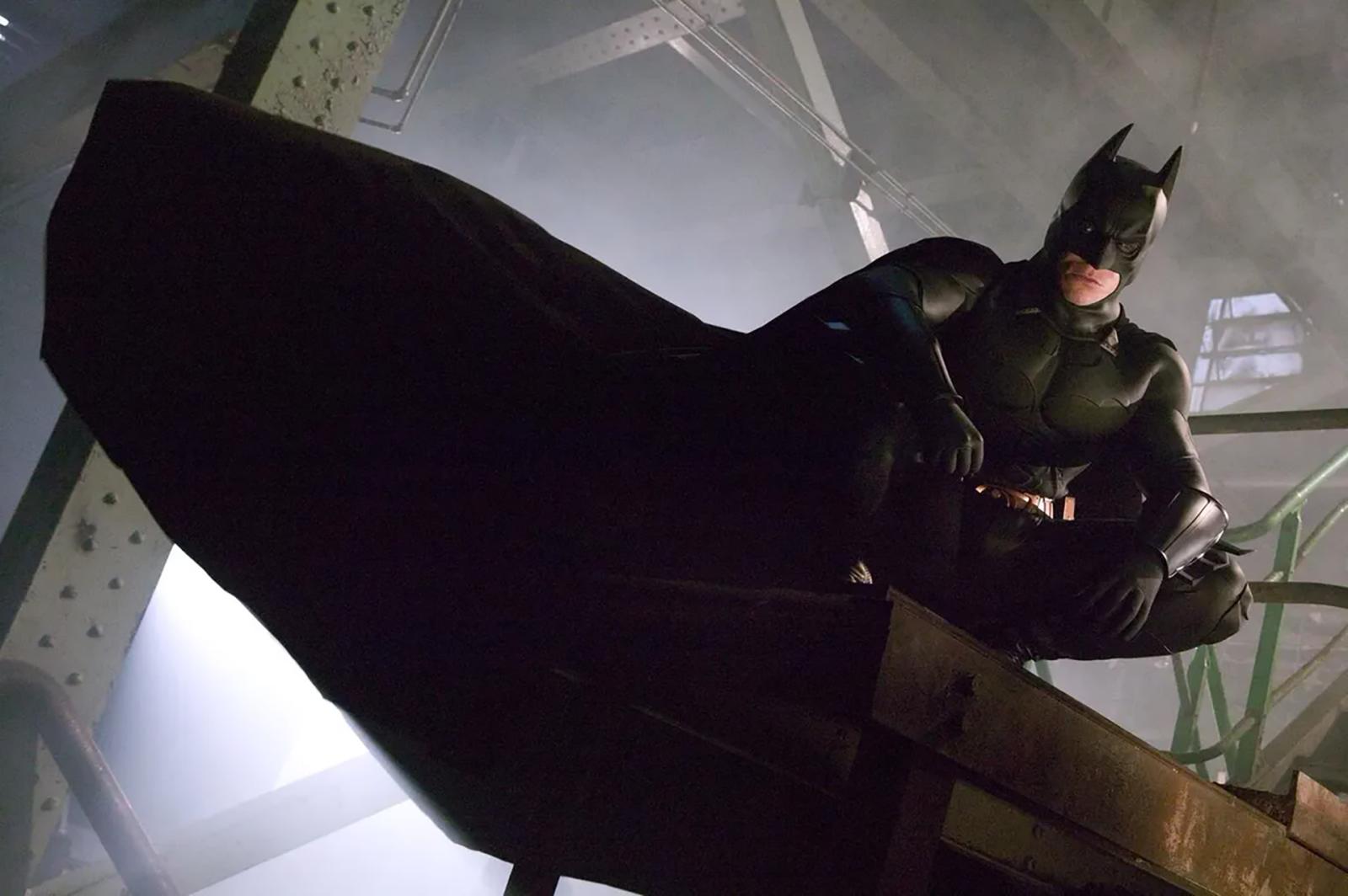
Their films are still fresh in the viewer's memory, and it is thanks to them that we think of Gotham's favorite son as a lone vigilante, watching over his city from the heights of skyscrapers under the cover of night. There is some truth in this view of Batman, as he does prefer to work alone.
But do not forget that he worked on a regular basis with Commissioner Gordon, while Alfred was taking care of him, and Lucius Fox was always there to help him. After all, he is a member of several teams, and there were plenty of sidekicks in Batman’s history.
Myth #2: Batman Doesn't Kill
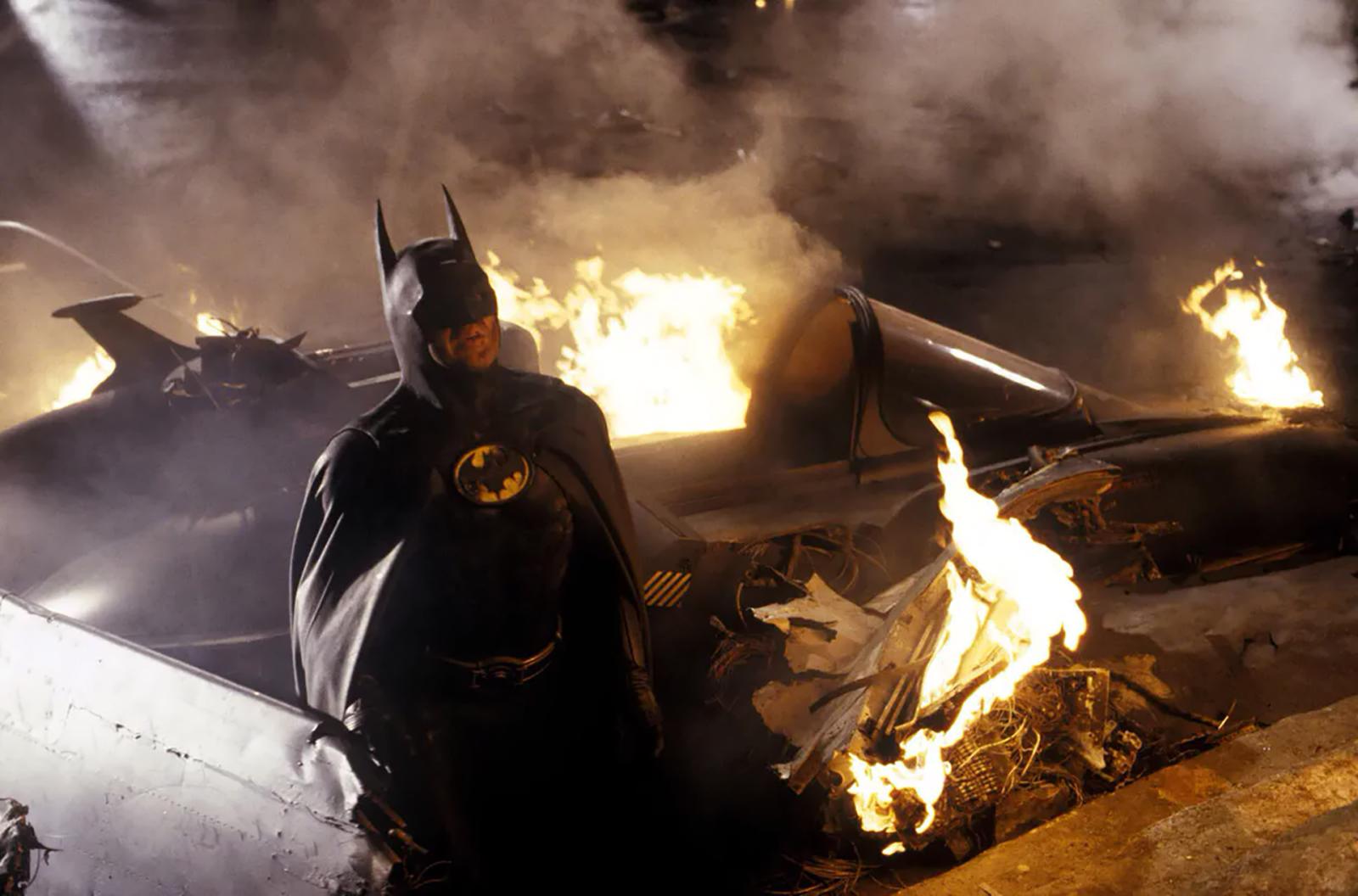
As it happens, the no-kill policy is firmly embedded in the character's DNA. And indeed, Batman doesn't resort to guns, but that nevertheless didn't stop him from finding other ways to take villains' lives. In his very first appearance in Detective Comics #27, Batman pushes his opponent into an acid tank, a scene that later will be a basis for Joker’s origin story. Later on, the character would constantly flail between killing and not killing: in the early '40s, for example, one of Batman's creators, Bill Finger, was simply forbidden to write Batman as a character that is willing to kill.
This inconsistency in Batman's attitude towards killing has also spilled over into movies.
Only in Christopher Nolan’s films, during a training session with the League of Shadows, does Bruce Wayne explicitly say that he is not ready to kill. Later on, though, he will destroy its lair, and with it, probably everyone inside. Still, Nolan's Batman is the only one who at least indicates his reluctance to kill.
With other versions of the Dark Knight, things are different: in Tim Burton’s films he blows up the Axis Chemicals plant along with its guards, and in Zack Snyder's Batman v Superman: Dawn of Justice, he actually goes on a bloody rampage.
Myth #3: Bruce Wayne doesn't care about Wayne Enterprises
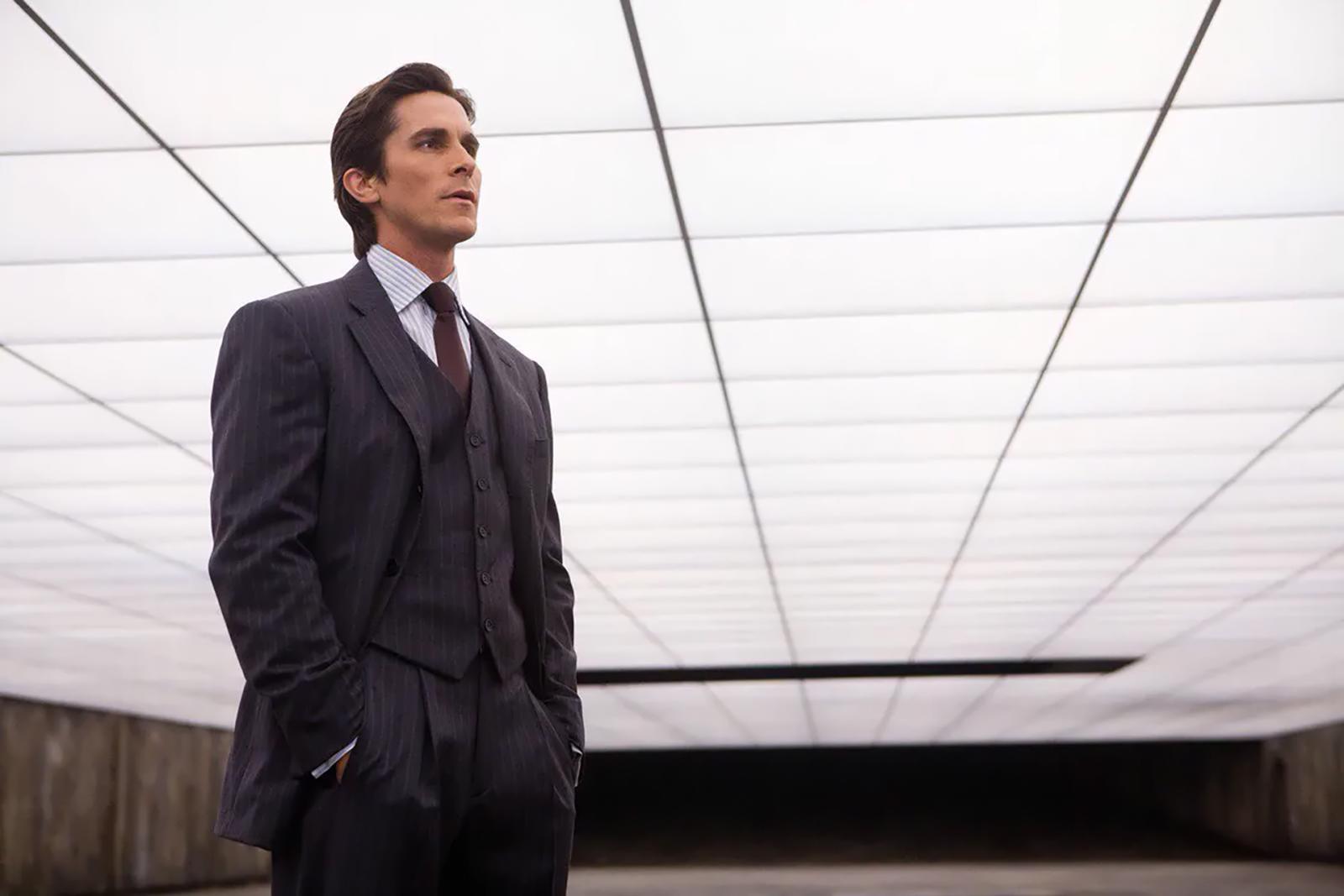
Christopher Nolan's efforts have led many to believe that Bruce is completely indifferent to the fate of his father's company. As long as Fox gives him access to tech gadgets that may help Batman, he could not care less about the company.
In reality, he is just familiar with the concept of delegation and is able to generously pay professionals in fields he knows nothing about. This is exactly why he hands over the company to Fox in Batman Begins and does what he does best – fights for justice in Gotham.
Myth #4: Batman has no sense of humor

As in the case with killing, the image of Batman who is almost completely devoid of humor has been actively cultivated in movies lately.
And while Bruce has some kind of capacity for irony or the occasional light joke (such as when Wayne teases Alfred, intending to turn him in to the authorities), with the Dark Knight things are quite different. He is mercilessly serious.
And that is a shame because in the comics Batman can be quite a joker. His humor is sometimes weird and a bit dark, but it is no less good.
Myth #5: Batman is a self-proclaimed vigilante
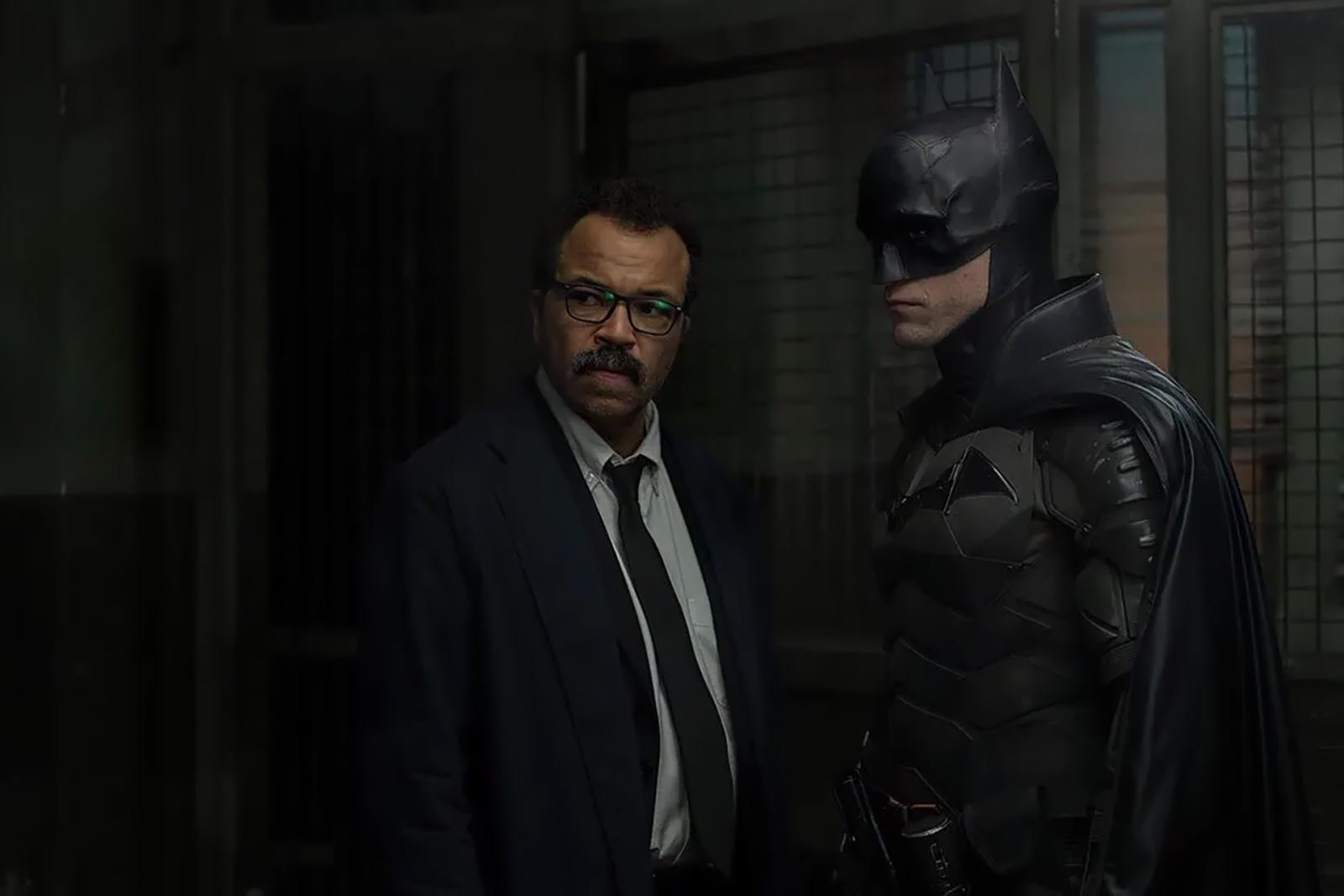
Indeed, Batman began his "career" being a vigilante. He tracked down villains and dealt with them himself. In general, he was a judge, a jury and an executioner.
But as time went on, he acquired, shall we say, an internal code of honor and began working with Commissioner Gordon. You could say that Batman is a freelancer for the Gotham City Police Department. At this point you can't call him a vigilante like Marvel's Daredevil.
Myth #6: Bruce Wayne is just a front for Batman
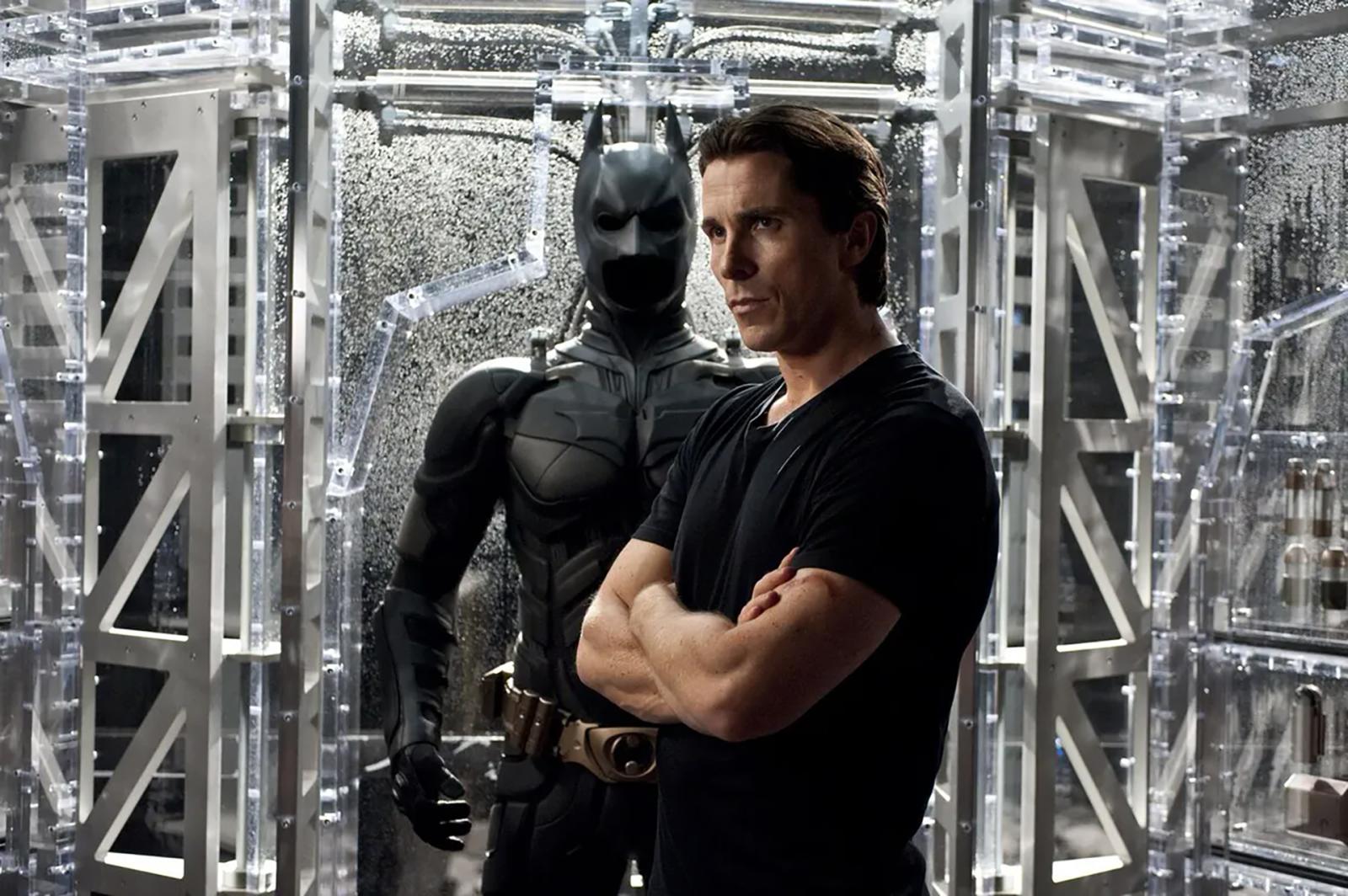
Because of Christopher Nolan's trilogy, we have another question that was never asked before: who is the main character after all – Bruce Wayne or Batman?
It was first brought up in Batman Begins where it became a philosophical problem, and being the director’s signature style it ran through the whole Nolan trilogy. In the finale of the first film Rachel's dialogue with Bruce was the starting point of this dilemma when she says that it is not Batman's face that spreads fear among Gotham's criminals, but Bruce's.
In the next film, she is scared that the day when Batman won't be needed by Bruce will never come. We don’t know which conclusion she finally reaches, though. Has Batman gained the upper hand over Wayne, or has Bruce finally merged with his alter ego, losing himself along the way?
Nevertheless, the result is obvious, even considering the finale of the last film of the trilogy, there is still a lot of discussion about the internal conflict between Bruce and Batman.